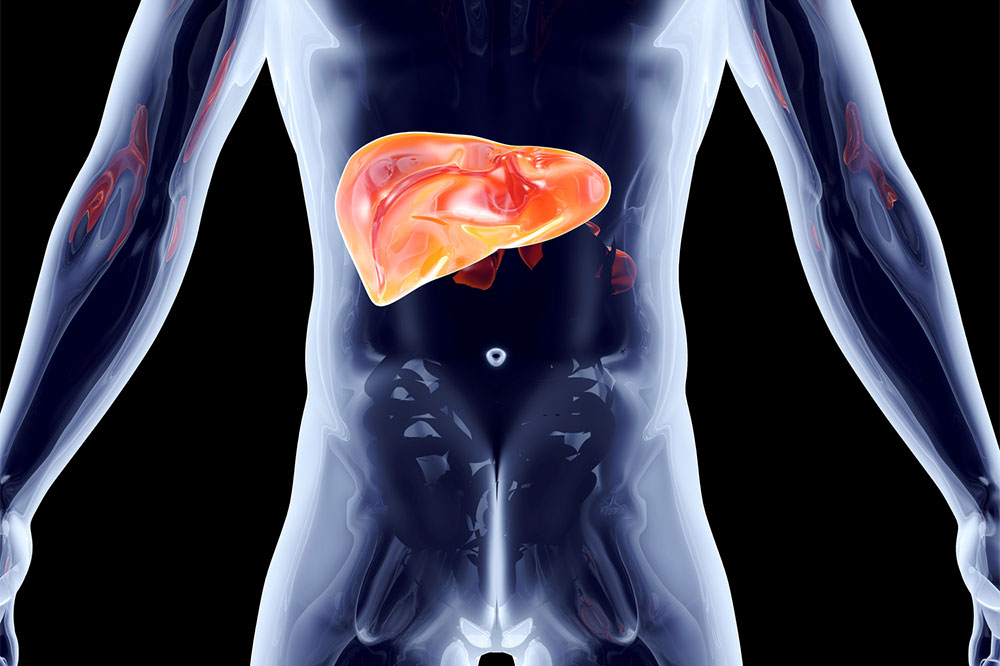6 early signs of colon cancer that shouldn’t be ignored

Colon or colorectal cancer is the third most dominant cancer diagnosed in the country. It is a condition where cells in the colon or rectum grow uncontrollably and abnormally, gradually affecting normal body tissues. Stages of colon cancer depend on the tumor size and its growth into the colon or rectum wall, whether it has spread to nearby nodes, distant nodes, or other organs. Some of the signs that indicate colon cancer are given below.
Early signs
Any changes in bowel habits like constipation, diarrhea, or dramatic changes in stool consistency, such as dry or hard stools with fluid leaking out, can be concerning. If any of these signs last for a long time, it can be a sign to get one’s colon tested for cancerous cells.
Bowel movement issues
Constant changes in bowel habits can cause worry, such as watery loose stools called diarrhea, constipation, or a sudden change in the stool’s consistency, like dry or hard stools with fluid leaking out around the stool. If any of these signs last for a long time, it can be a sign to get one’s colon tested for cancerous cells.
Rectal bleeding
Bloody stools are often an indicator of colon cancer. In this condition, stools may appear crimson red, maroon, or dark brown to black and tar-like. The bleeding may sometimes be in the digestive tract and only visible under a microscope. While it can also be a sign of hemorrhoids, which are easier to treat, it is best to get it checked if the bleeding persists, is severe, or happens frequently.
Abdominal discomforts
Suppose one hasn’t made any significant lifestyle changes and still persistently experiences excessive gas accompanied by abdominal pain, bloating, or a feeling of fullness or nausea. In such cases, it may signify a more serious underlying health issue.
Incomplete bowel movements
In this situation, one experiences a constant sense that their bowels are not emptying even when no more stool is left. Other conditions, including Crohn’s disease, inflammation, or colitis, might be the reasons behind the sensation. However, one should get their colon checked if such problems persist and is accompanied by pain or cramps.
Chronic fatigue
Cancer is known to cause chronic fatigue or weakness in patients due to the additional energy taken by cancerous cells and the stress they put on the digestive system. Although passing episodes of exhaustion are common, relaxation will not cure chronic fatigue brought on by this condition.
Unexplained weight loss
People dealing with advanced colon cancer often experience a combination of excess weight and muscle loss. Losing 10 pounds or more in such a way can be the first noticeable indication of colon cancer, and it’s advisable to consult a therapist.
Health experts reveal a close relationship between food, body mass, physical activity, and the chances of developing colon cancer. Anyone over 50 has a higher risk of developing the condition. Therefore, it’s advised to get checked regularly. Regarding therapy, Avastin is a liquid solution used as an immunotherapy treatment for cancer. It works with one’s immune system to fight the disease and prevents the growth of new blood vessels. Cyramza, on the other hand, is used in chemotherapy for advanced forms of metastatic stomach cancer. It shrinks tumors and delays the progression of the condition. Both these remedies are administered by intravenous (IV) infusions into a vein upon the healthcare professional’s consultation.






